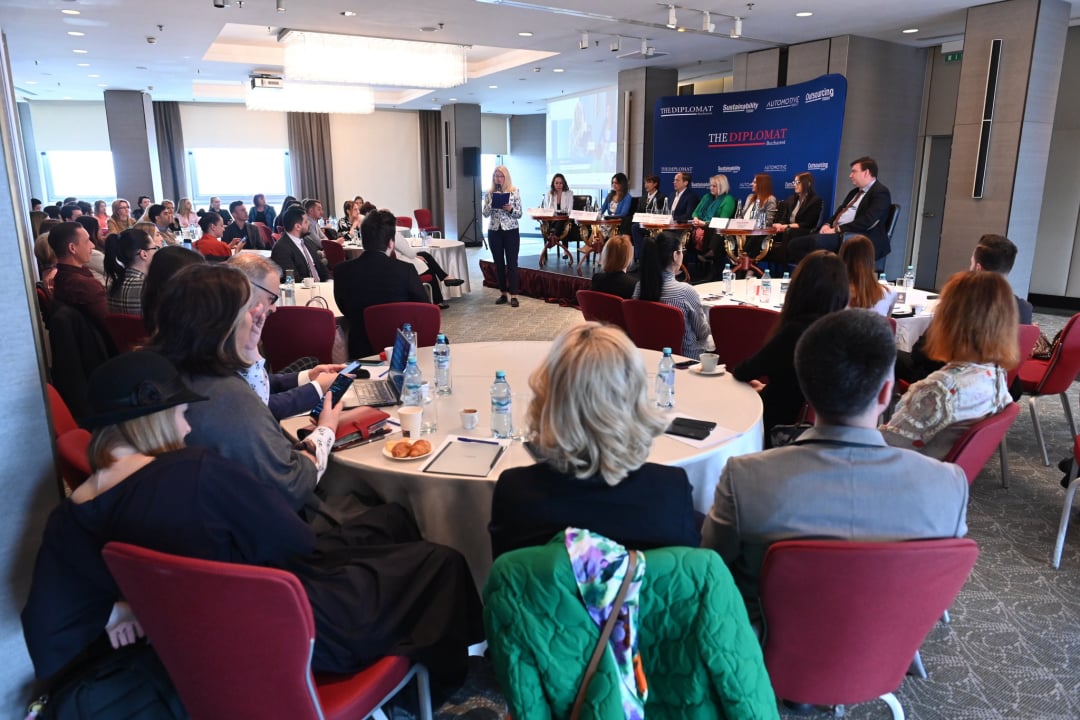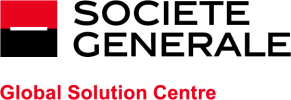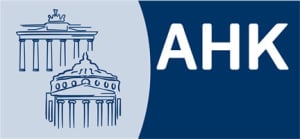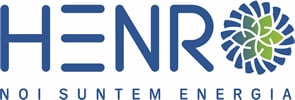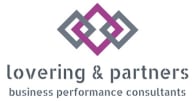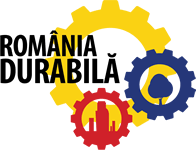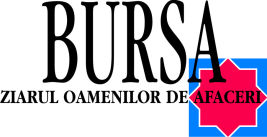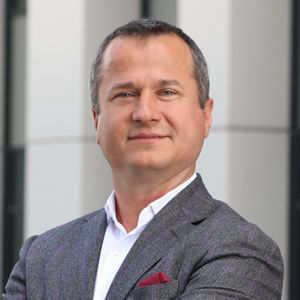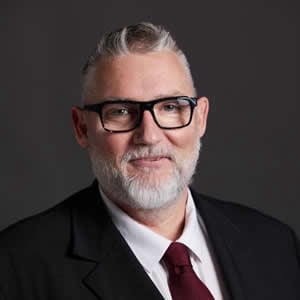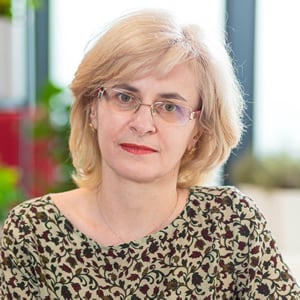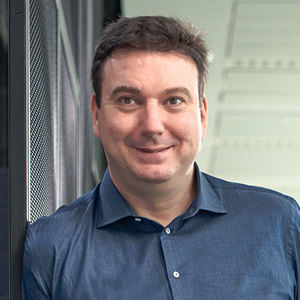TOPICS
THE FUTURE OF WORK
What models truly work? How do we adapt organizational culture and performance in hybrid environments?
AI & TECHNOLOGY IN THE WORKPLACE
How is AI changing the way we work, collaborate, and make decisions? What tools are the real game-changers?
EMPLOYEE WELLBEING – FROM THEORY TO REAL ACTION
Burnout, stress, mental balance – how do we integrate wellbeing into the company structure, not just as a perk?
REIMAGINING THE WORKPLACE: THE OFFICE AS AN EXPERIENCE
How do you create spaces that inspire, connect, and support productivity?
LEADERSHIP & ORGANIZATIONAL CULTURE
What does it mean to be a leader today? How do you build culture and trust without constant physical presence?
